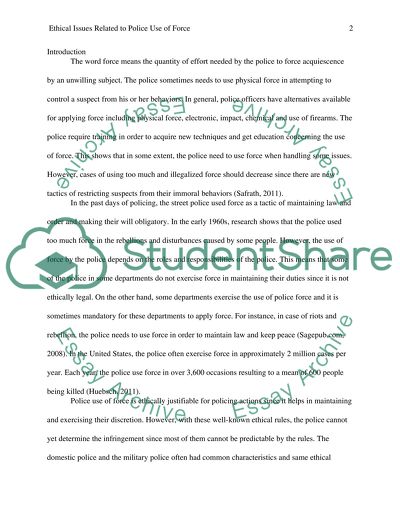Cite this document
(The Street Police Force as a Tactic of Maintaining Law Case Study, n.d.)
The Street Police Force as a Tactic of Maintaining Law Case Study. Retrieved from https://studentshare.org/law/1581524-ethical-issues-related-to-the-police-use-of-force
The Street Police Force as a Tactic of Maintaining Law Case Study. Retrieved from https://studentshare.org/law/1581524-ethical-issues-related-to-the-police-use-of-force
(The Street Police Force As a Tactic of Maintaining Law Case Study)
The Street Police Force As a Tactic of Maintaining Law Case Study. https://studentshare.org/law/1581524-ethical-issues-related-to-the-police-use-of-force.
The Street Police Force As a Tactic of Maintaining Law Case Study. https://studentshare.org/law/1581524-ethical-issues-related-to-the-police-use-of-force.
“The Street Police Force As a Tactic of Maintaining Law Case Study”. https://studentshare.org/law/1581524-ethical-issues-related-to-the-police-use-of-force.


